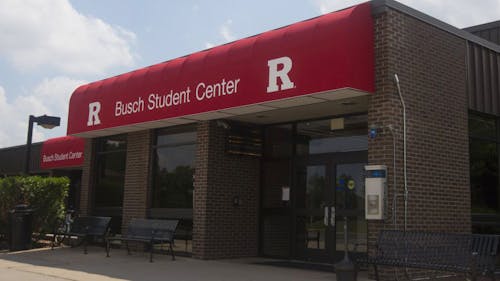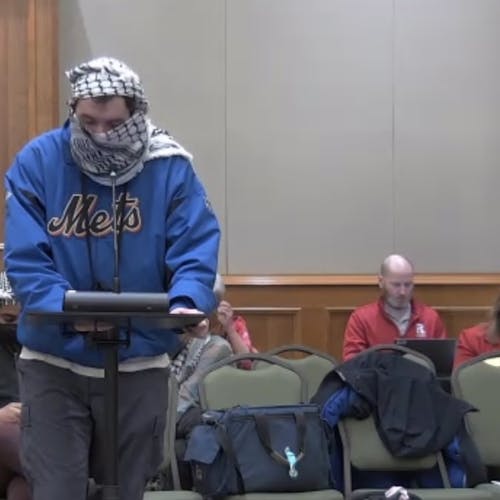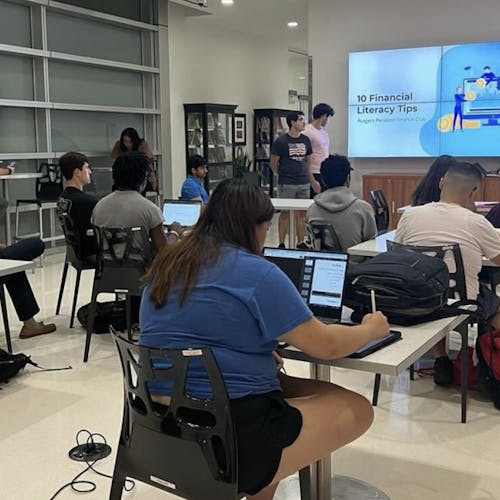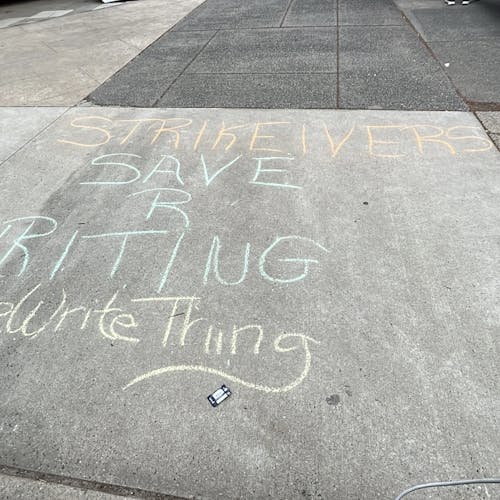Rutgers School of Social Work holds 35th annual conference on adoption

On Sunday, the Rutgers School of Social Work presented the Concerned Persons for Adoption’s (CPFA) 35th Annual “Let’s Talk Adoption” Conference. Attendees joined the conference for a full day of more than 30 workshops on pre- and post-adoptive issues.
CPFA is a New Jersey non-profit organization, founded more than 40 years ago as a support group for anyone concerned with adoption. The organization focuses on three functions — acting as an independent support group, an advocacy group and an educational resource for New Jersey, according to their website.
CPFA is associated with the North American Council on Adoptable Children (NACAC). Together, they have lobbied for, and helped draft, state and federal legislation, according to their website.
Robert O’Connor, an associate professor at Metropolitan State University in Saint Paul, Minnesota, serves as a program director and training manager for several federal grant programs on anti-racism and multicultural issues and was the keynote speaker at the event.
O'Connor is an adoptee with experience in the foster care system and brings his personal perspective to his presentations and writings. In his presentation at the conference, he shared his expertise on transracial topics and adoption.
O’Connor explained how racial identity and self-esteem act as determining factors in healthy children and families in their communities.
In a former interview with ABC News, O’Conner said that it's very important to believe in biculturalism versus assimilation.
“Parents need to make sure their homes represent not just their culture but the child's culture, and it can't be what I refer to as 'cultural tourism,'” O’Connor said. “The family needs to see themselves as a family of color as opposed to a white family that adopted a child of color.”
Also at the conference was a panel moderated by Pam Hasegawa, founder of New Jersey Coalition for Adoption Reform and Education (NJCARE).
The panel gave adoptive parents a window into what their adopted son or daughter might think and feel at various stages of their lives. As an adoptee herself, Hasegawa gave a first-person perspective about how she processed her understanding of what it meant to be the child of an adopted person at various times in her life.
Other panelists also explained how they perceived themselves as adopted persons, as members of a family and as an individual among peers.
NJCARE is a grassroots organization which, for 34 years, has advocated for change in New Jersey’s adoption records policy. The organization has helped pass the Adoptees Birthright Bill, which allows for adult adoptees to obtain a copy of their original birth certificates.
Hasegawa said that she wants to restore the rights of people who were adopted and lost their genetic identity and their birth family’s history the day their adoption finalized in court.
She had been inspired to the cause because Hasegawa was adopted herself.
“When I was in high school, I got the lead in 'Call Me Madam' and I remember standing on the sidewalk after the performance and thinking that my birth mother would be so proud that I had this part,” she said.
Her passion eventually led her to passing the Adoptees Birthright Bill.
Catherine Henderson is a School of Arts and Science senior and does social work as well, and said it is important that Rutgers hosts conferences like this because the University is imperative toward promoting and enacting social change.
“The adoption process is complex and emotionally demanding,” Henderson said. “From a social work standpoint, one of the best ways to facilitate the process is by putting people in conjunction with the resources necessary to healthfully and successfully get through the process.”
The conference was an all-day event and provided support and education for those interested in the adoption process.
“It's important to be educated about the process even as a bystander, to support friends and loved ones that may be interested in adoption, and to learn about social issues in order to take an informed and active stance on them,” Henderson said.
Jillian Pastor is a contributing writer for The Daily Targum.



